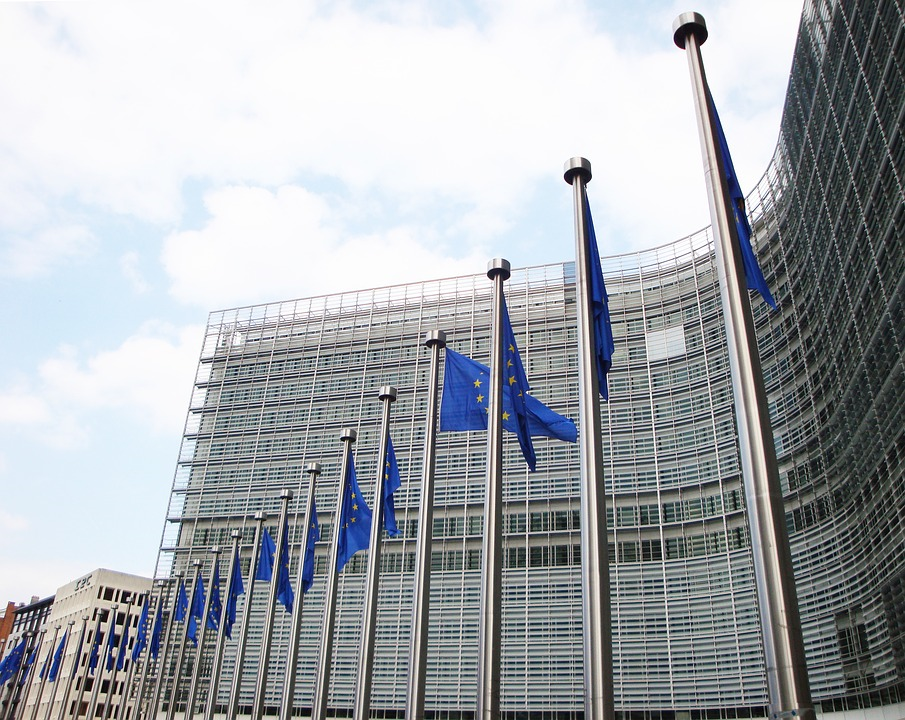European Commission Asks Member States to Embrace Blockchain Technology

During the last couple of months, digital currency regulation has been a topic, present on the agenda of numerous governments, international organizations and financial institutions. According to recent reports, a meeting between European Commission members was recently held, and crypto-related subjects have been addressed.
With this in mind, the Vice President of the European Commission, Valdis Dombrovskis, mentioned that European nations should begin looking for ways in which they can embrace blockchain technology, as an effort of remaining competitive and ahead of other financial markets. However, Dombrovskis also cautioned member states that they should proactively look for measures, bound to protect citizens from the possible risks associated with cryptocurrencies.
In a recent press statement, the EC mentioned that: “Based on the assessment of risks and opportunities and the suitability of the existing regulatory framework for these instruments, the Commission will determine if regulatory action at EU level is required.”
The meeting mostly focused on three main topics, these being the possible implications for digital currencies on the financial market, the risks and opportunities associated with crypto use, and of course, the recent developments on initial coin offerings.
Following the roundtable meeting, several conclusions were reached. To kick things off, the EC now firmly believes that blockchain technology holds great potential for the financial market, therefore, in an effort to remain competitive, EU member states need to start looking for ways to embrace the technology. Secondly, digital currencies, which are not considered currencies from the traditional standpoint, have risks and can lead users to losing their initial investments. The third point refers to the fact that these risks should clearly be told to investors, across all jurisdictions within the EU. For the fourth conclusion, ICOs are a creative method for start-ups to raise funds, yet more attention should be focused towards the possible risks and lack of transparency, often associated with ICOs.
On an end note, the EC mentioned that they will continue to assess how digital currencies and blockchain technology are covered by the existing legislation. Not only so, as the EC has also proposed that wallet providers and digital currency exchanges might be subject to the Anti-Money Laundering Directive. Because of this, the commission has also urged member states to prepare for a rapid transposition for the legislation, once the final decision is made.
It is important to point out the fact that a few weeks ago, the EC launched their very own Blockchain Observatory and Forum, meant to consolidate blockchain initiatives throughout the European Union.


